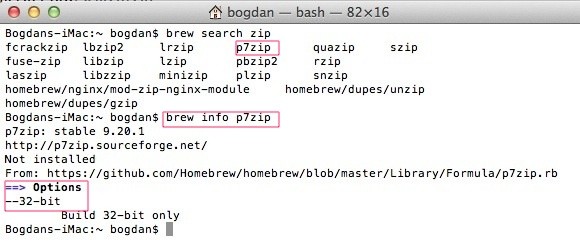The easiest way to install various Unix tools and open source software onto Mac OS X is via a package manager, unfortunately OS X doesn’t come with one, but fortunately there are some good folks that care. They come in the form of Homebrew.
Install on Mac OS X or Linux (Homebrew) If you use the Homebrew package manager for Mac OS X or Linux, you can install Dart Sass by running. Brew install sass/sass/sass. Current Releases: Dart Sass 1.26.11; LibSass 3.6.4; Ruby Sass ⚰ Implementation Guide. None - Build Inkscape on your Mac with Homebrew. There is also a Homebrew formula available for Inkscape 0.92.1. This formula has been posted to the Inkscape user mailing list by its author, Tim Sheridan. As per his instructions, when you have Homebrew installed, you can install.
Homebrew isn’t the only option, also available is MacPorts and Fink but Homebrew is the newest and most popular of the trio.
Get Xcode
Get Xcode 6.3 .
Download and install it, you also need to open Xcode agree to the license and it will install its components.
Get Command Line Tools
Install Homebrew
To download install Homebrew run the install script on the command line as below and let the script do its thing:
Download and install Xquartz brew will moan if it is not installed.
After installing and as suggested in the command line, to check for any issues with the install run:
To search for an application:
To install
To list all apps installed by Homebrew
To remove an installed application
To update Homebrew
To see what else you can do
Where does Homebrew install stuff …. in the Cellar

Where the brew lives.
Applications
There are a good many applications that will get you up and running with Sass in a few minutes for Mac, Windows, and Linux. You can download most of the applications for free but a few of them are paid apps (and totally worth it).
- CodeKit (Paid) Mac
- Ghostlab (Paid) Mac Windows
- Hammer (Paid) Mac
- LiveReload (Paid, Open Source) Mac Windows
- Prepros (Paid) Mac Windows Linux
- Scout-App (Free, Open Source) Windows Linux Mac
Command Line
When you install Sass on the command line, you'll be able to run the sass executable to compile .sass and .scss files to .css files. For example:
First install Sass using one of the options below, then run sass --version to be sure it installed correctly. If it did, this will include 1.28.0. You can also run sass --help for more information about the command-line interface.
Install Brew Mac Os X Yosemite
Once it's all set up, go and play. If you're brand new to Sass we've set up some resources to help you learn pretty darn quick.
PATH. That’s all—there are no external dependencies and nothing else you need to install. If you use Node.js, you can also install Sass using npm by running
However, please note that this will install the pure JavaScript implementation of Sass, which runs somewhat slower than the other options listed here. But it has the same interface, so it’ll be easy to swap in another implementation later if you need a bit more speed!If you use the Homebrew package manager for Mac OS X or Linux, you can install Dart Sass by running
Install Brew Mac Os X
- Current Releases:
- Dart Sass1.28.0
- LibSass3.6.4
- Ruby Sass ⚰
